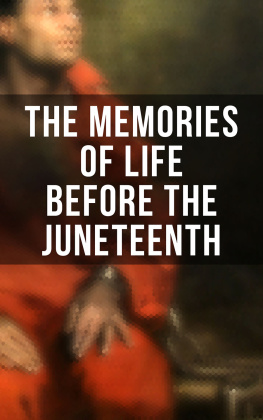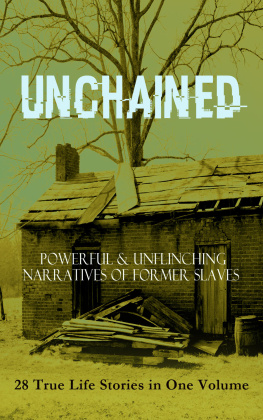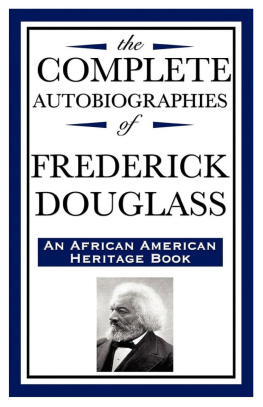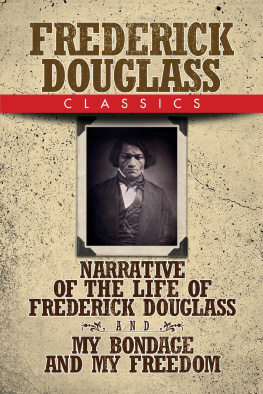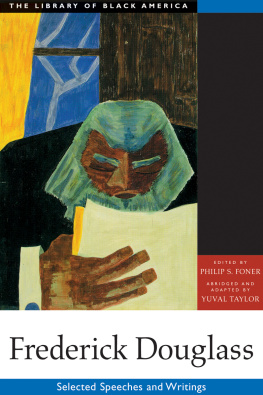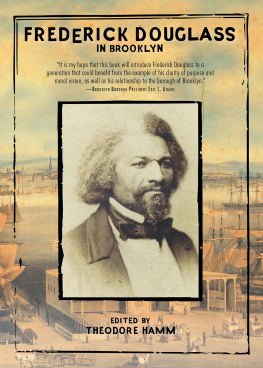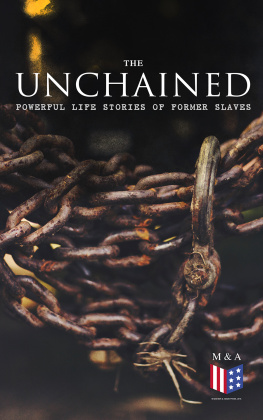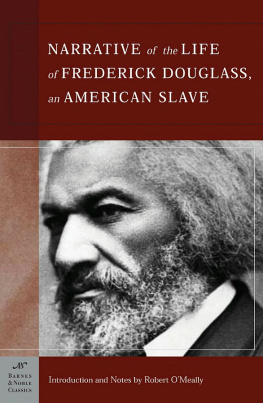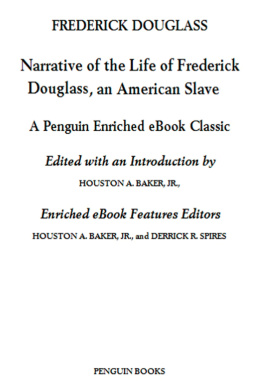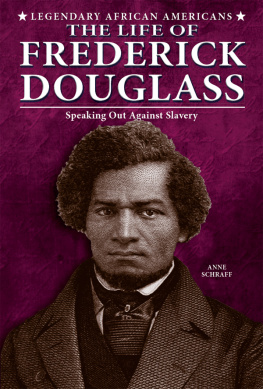Table of Contents
Frederick Douglass, Harriet E. Wilson, Harriet Jacobs, Harriet Beecher Stowe, Mark Twain, Lydia Maria Child, William Wells Brown, Charles W. Chesnutt, James Weldon Johnson, Booker T. Washington
The Memories of Life Before the Juneteenth
Memoirs, Interviews, Testimonies, Studies, Novels, Official Records on Slavery and Abolitionism
Published by

Books
- Advanced Digital Solutions & High-Quality eBook Formatting -
2020 OK Publishing
EAN 4064066394417
Novels & Novellas
Oroonoko; or, the Royal Slave (Aphra Behn)
I do not pretend, in giving you the history of this Royal Slave, to entertain my reader with adventures of a feigned hero, whose life and fortunes fancy may manage at the poets pleasure; nor in relating the truth, design to adorn it with any accidents but such as arrived in earnest to him: and it shall come simply into the world, recommended by its own proper merits and natural intrigues; there being enough of reality to support it, and to render it diverting, without the addition of invention.
I was myself an eye-witness to a great part of what you will find here set down; and what I could not be witness of, I received from the mouth of the chief actor in this history, the hero himself, who gave us the whole transactions of his youth: and though I shall omit, for brevitys sake, a thousand little accidents of his life, which, however pleasant to us, where history was scarce and adventures very rare, yet might prove tedious and heavy to my reader, in a world where he finds diversions for every minute, new and strange. But we who were perfectly charmed with the character of this great man were curious to gather every circumstance of his life.
The scene of the last part of his adventures lies in a colony in America, called Surinam, in the West Indies.
But before I give you the story of this gallant slave, tis fit I tell you the manner of bringing them to these new colonies; those they make use of there not being natives of the place: for those we live with in perfect amity, without daring to command em; but, on the contrary, caress em with all the brotherly and friendly affection in the world; trading with them for their fish, venison, buffalos skins, and little rarities; as marmosets, a sort of monkey, as big as a rat or weasel, but of marvelous and delicate shape, having face and hands like a human creature; and cousheries, a little beast in the form and fashion of a lion, as big as a kitten, but so exactly made in all parts like that noble beast that it is it in miniature. Then for little paraketoes, great parrots, mackaws, and a thousand other birds and beasts of wonderful and surprising forms, shapes, and colors. For skins of prodigious snakes, of which there are some threescore yards in length; as is the skin of one that may be seen at his Majestys Antiquarys; where are also some rare flies, of amazing forms and colors, presented to em by myself; some as big as my fist, some less; and all of various excellencies, such as art cannot imitate. Then we trade for feathers, which they order into all shapes, make themselves little short habits of em and glorious wreaths for their heads, necks, arms, and legs, whose tinctures are unconceivable. I had a set of these presented to me, and I gave em to the Kings Theater, and it was the dress of the Indian Queen, infinitely admired by persons of quality; and was unimitable.
Besides these, a thousand little knacks and rarities in nature; and some of art, as their baskets, weapons, aprons, etc. We dealt with em with beads of all colors, knives, axes, pins, and needles; which they used only as tools to drill holes with in their ears, noses, and lips, where they hang a great many little things; as long beads, bits of tin, brass or silver beat thin, and any shining trinket. The beads they weave into aprons about a quarter of an ell long, and of the same breadth; working them very prettily in flowers of several colors; which apron they wear just before em, as Adam and Eve did the fig-leaves; the men wearing a long stripe of linen, which they deal with us for. They thread these beads also on long cotton threads, and make girdles to tie their aprons to, which come twenty times, or more, about the waist, and then cross, like a shoulder-belt, both ways, and round their necks, arms, and legs. This adornment, with their long black hair, and the face painted in little specks or flowers here and there, makes em a wonderful figure to behold. Some of the beauties, which indeed are finely shaped, as almost all are, and who have pretty features, are charming and novel; for they have all that is called beauty, except the color, which is a reddish yellow; or after a new oiling, which they often use to themselves, they are of the color of a new brick, but smooth, soft, and sleek.
They are extreme modest and bashful, very shy, and nice of being touched. And though they are all thus naked, if one lives forever among em there is not to be seen an undecent action, or glance: and being continually used to see one another so unadorned, so like our first parents before the Fall, it seems as if they had no wishes, there being nothing to heighten curiosity; but all you can see, you see at once, and every moment see; and where there is no novelty, there can be no curiosity. Not but I have seen a handsome young Indian dying for love of a very beautiful young Indian maid; but all his courtship was to fold his arms, pursue her with his eyes, and sighs were all his language: while she, as if no such lover were present, or rather as if she desired none such, carefully guarded her eyes from beholding him; and never approached him but she looked down with all the blushing modesty I have seen in the most severe and cautious of our world. And these people represented to me an absolute idea of the first state of innocence, before man knew how to sin. And tis most evident and plain that simple Nature is the most harmless, inoffensive, and virtuous mistress. Tis she alone, if she were permitted, that better instructs the world than all the inventions of man. Religion would here but destroy that tranquillity they possess by ignorance; and laws would but teach em to know offense, of which now they have no notion. They once made mourning and fasting for the death of the English Governor, who had given his hand to come on such a day to em, and neither came nor sent; believing, when a mans word was past, nothing but death could or should prevent his keeping it: and when they saw he was not dead, they asked him what name they had for a man who promised a thing he did not do. The Governor told them, such a man was a liar, which was a word of infamy to a gentleman. Then one of em replied, Governor, you are a liar, and guilty of that infamy. They have a native justice, which knows no fraud; and they understand no vice, or cunning, but when they are taught by the white men. They have plurality of wives; which, when they grow old, serve those that succeed em, who are young, but with a servitude easy and respected; and unless they take slaves in war, they have no other attendants.
Those on that continent where I was had no king; but the oldest war-captain was obeyed with great resignation.
A war-captain is a man who has led them on to battle with conduct and success; of whom I shall have occasion to speak more hereafter, and of some other of their customs and manners, as they fall in my way.
With these people, as I said, we live in perfect tranquillity and good understanding, as it behoves us to do; they knowing all the places where to seek the best food of the country, and the means of getting it; and for very small and unvaluable trifles, supply us with that tis impossible for us to get: for they do not only in the woods, and over the savannahs, in hunting, supply the parts of hounds, by swiftly scouring through those almost impassable places, and by the mere activity of their feet run down the nimblest deer and other eatable beasts; but in the water, one would think they were gods of the rivers, or fellow-citizens of the deep; so rare an art they have in swimming, diving, and almost living in water; by which they command the less swift inhabitants of the floods. And then for shooting, what they cannot take, or reach with their hands, they do with arrows; and have so admirable an aim that they will split almost an hair, and at any distance that an arrow can reach: they will shoot down oranges and other fruit, and only touch the stalk with the darts point, that they may not hurt the fruit. So that they being on all occasions very useful to us, we find it absolutely necessary to caress em as friends, and not to treat em as slaves, nor dare we do other, their numbers so far surpassing ours in that continent.

